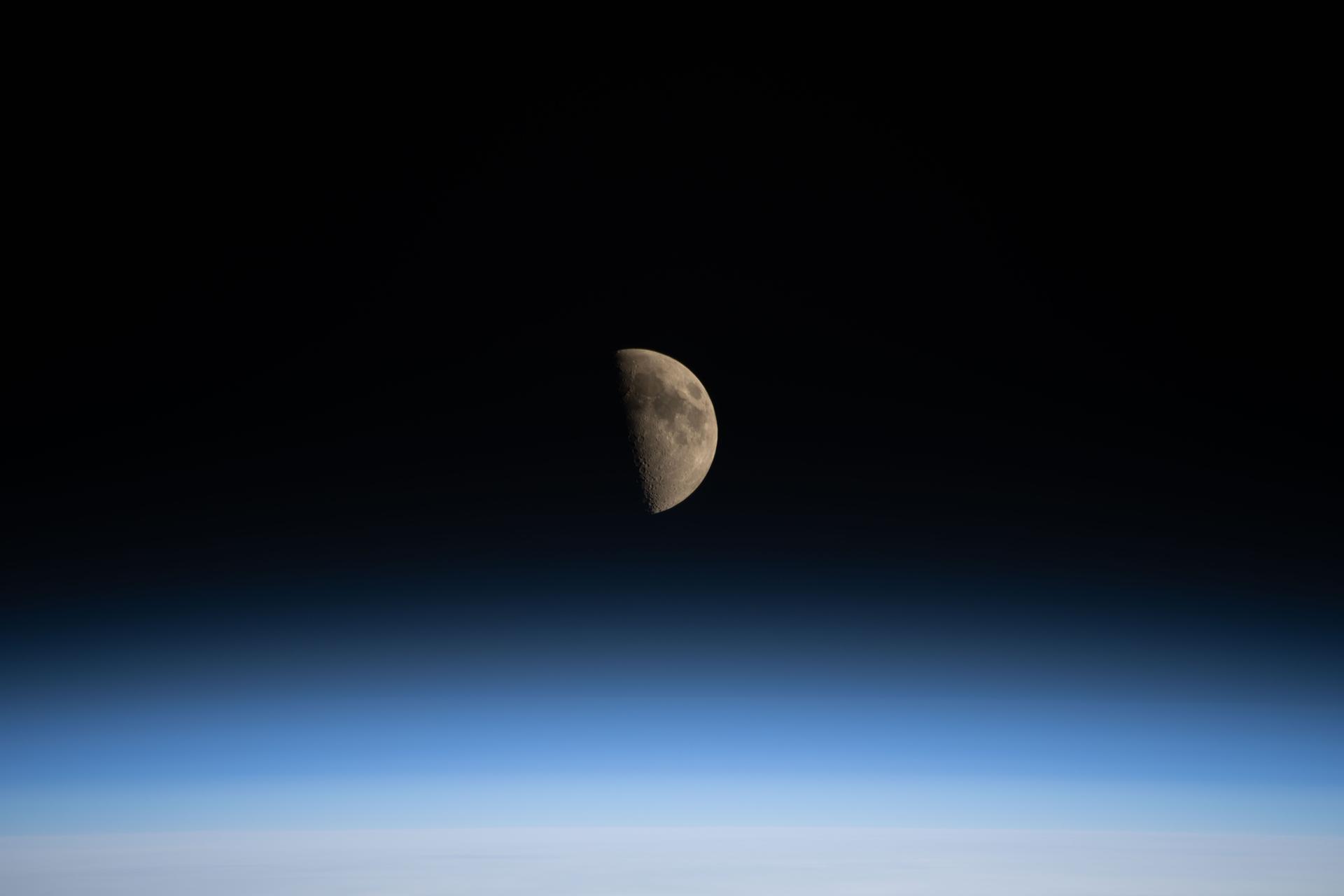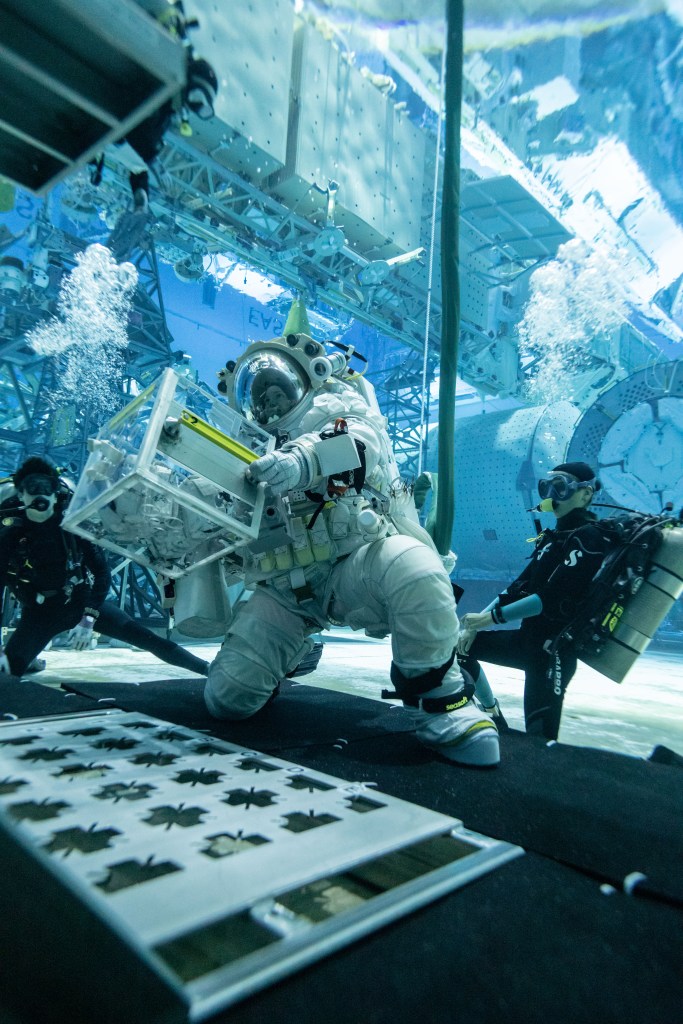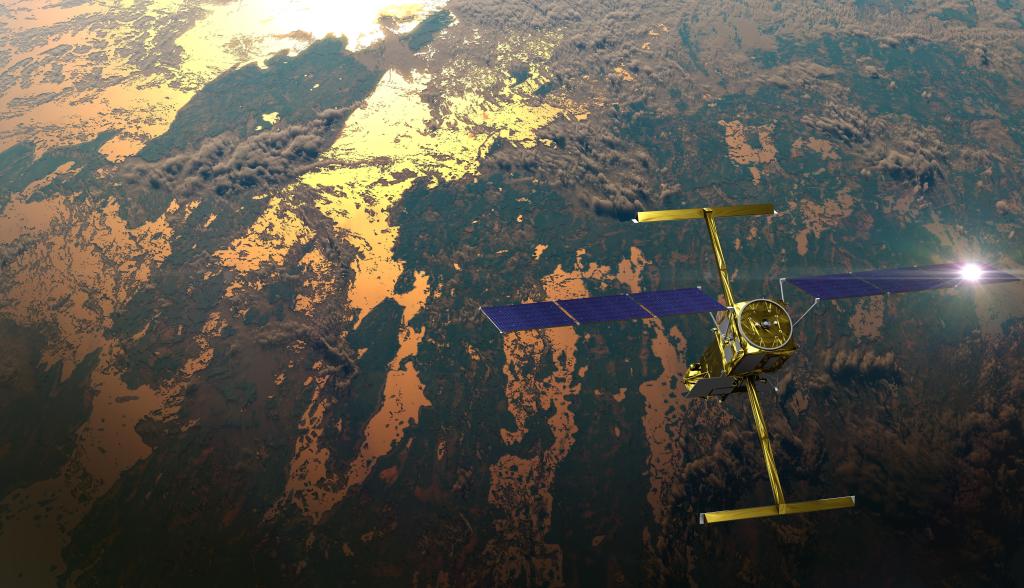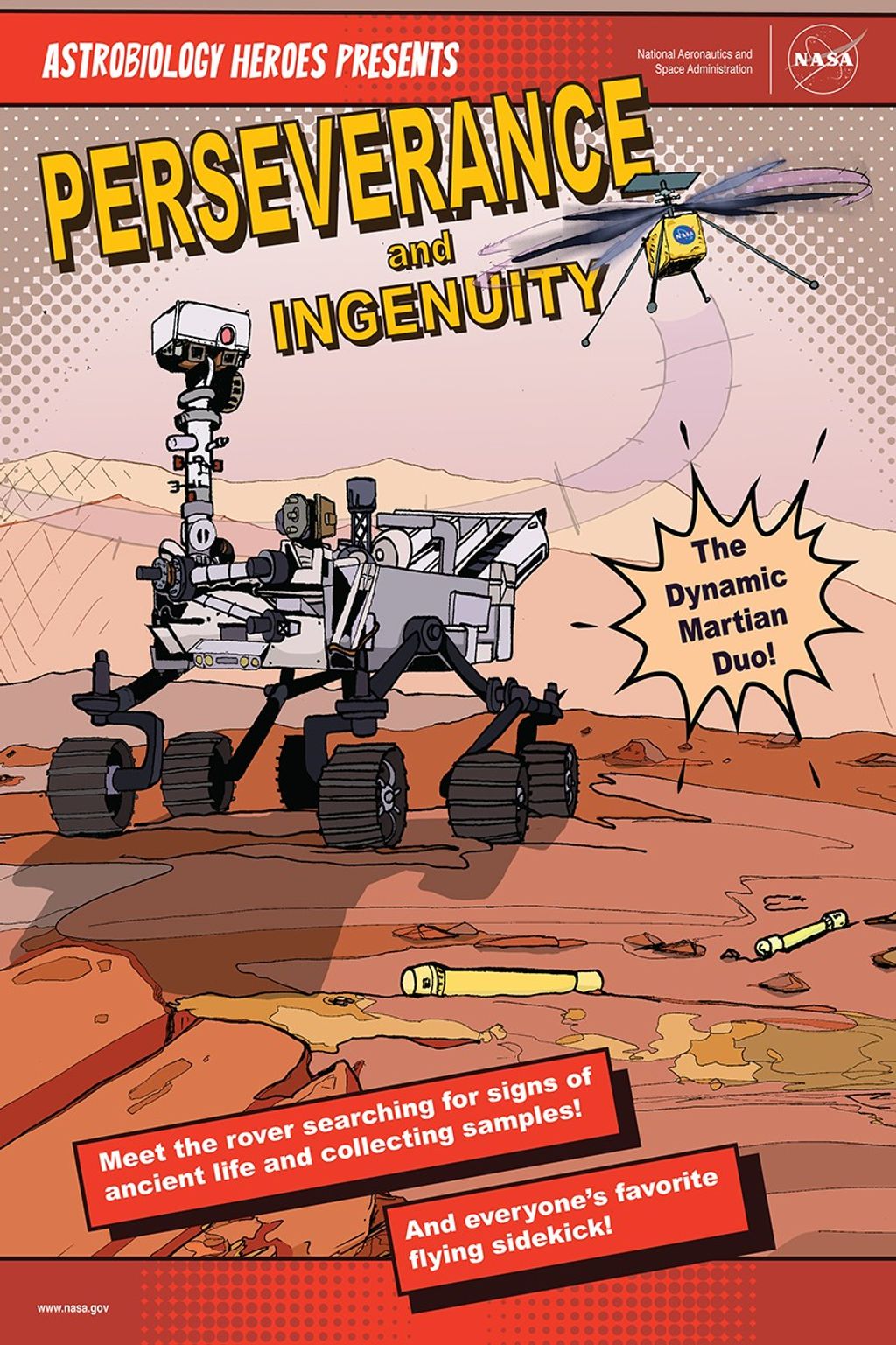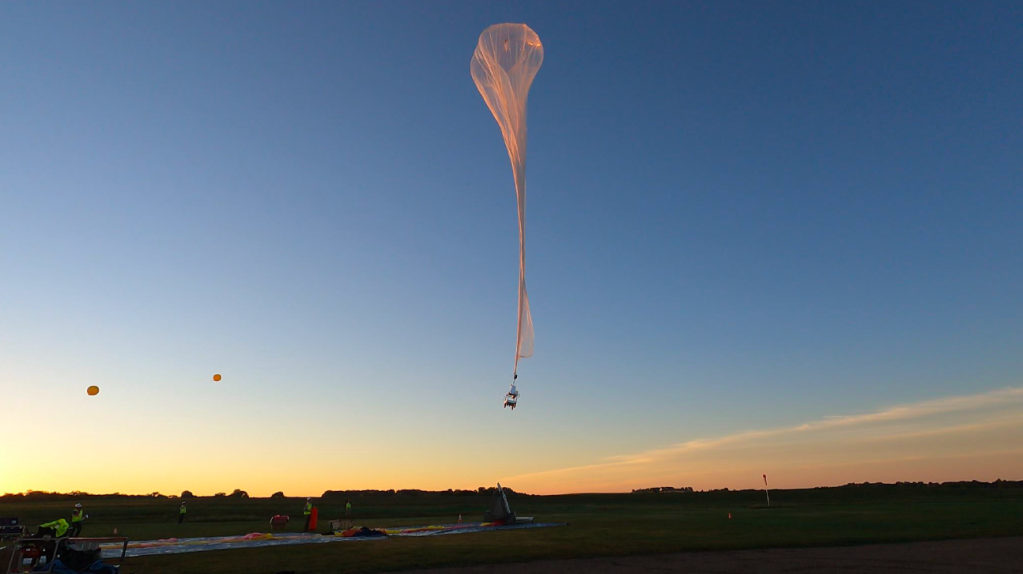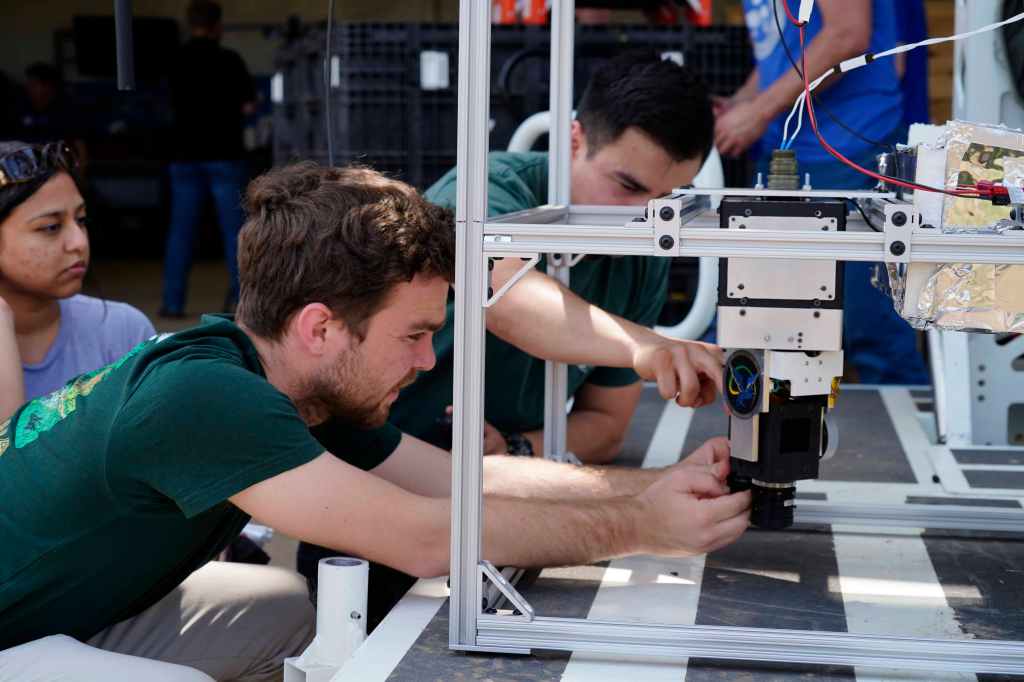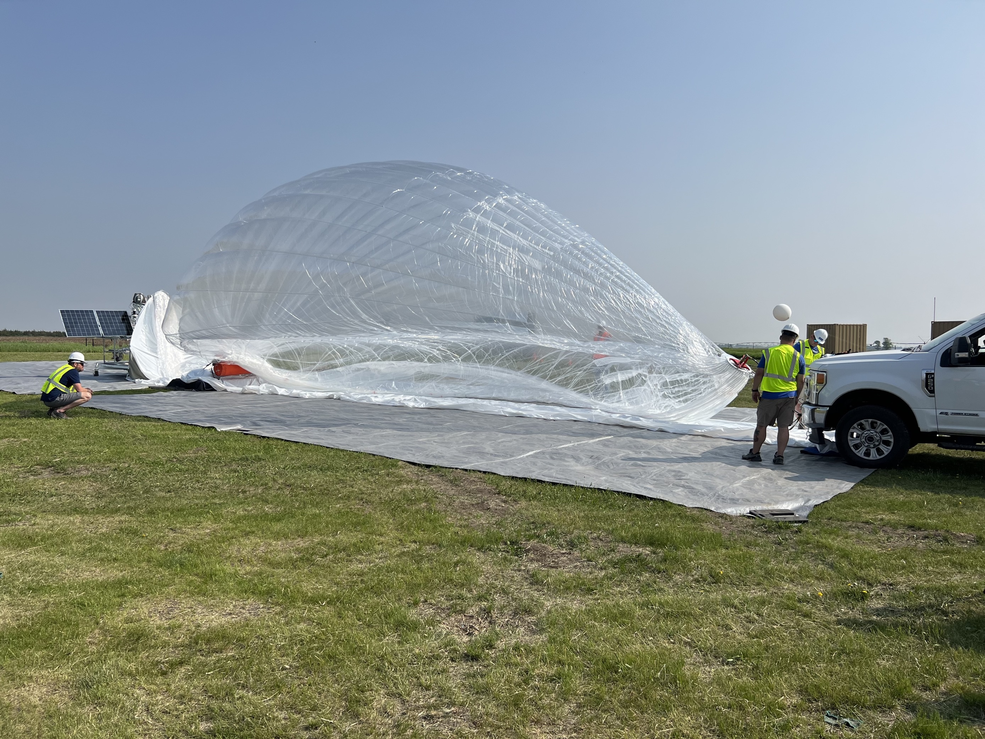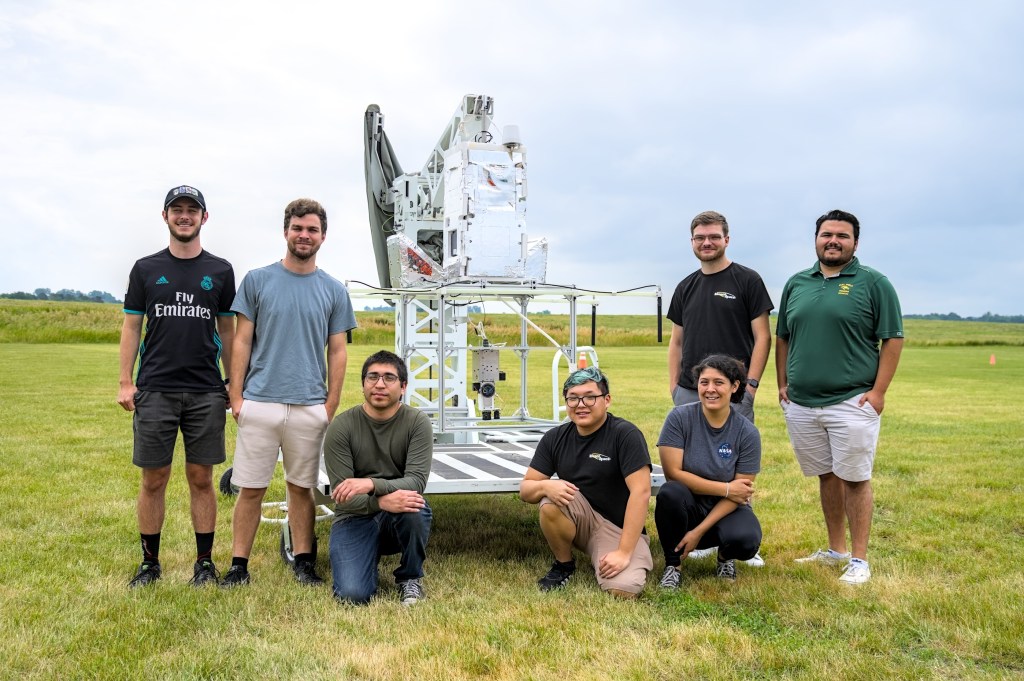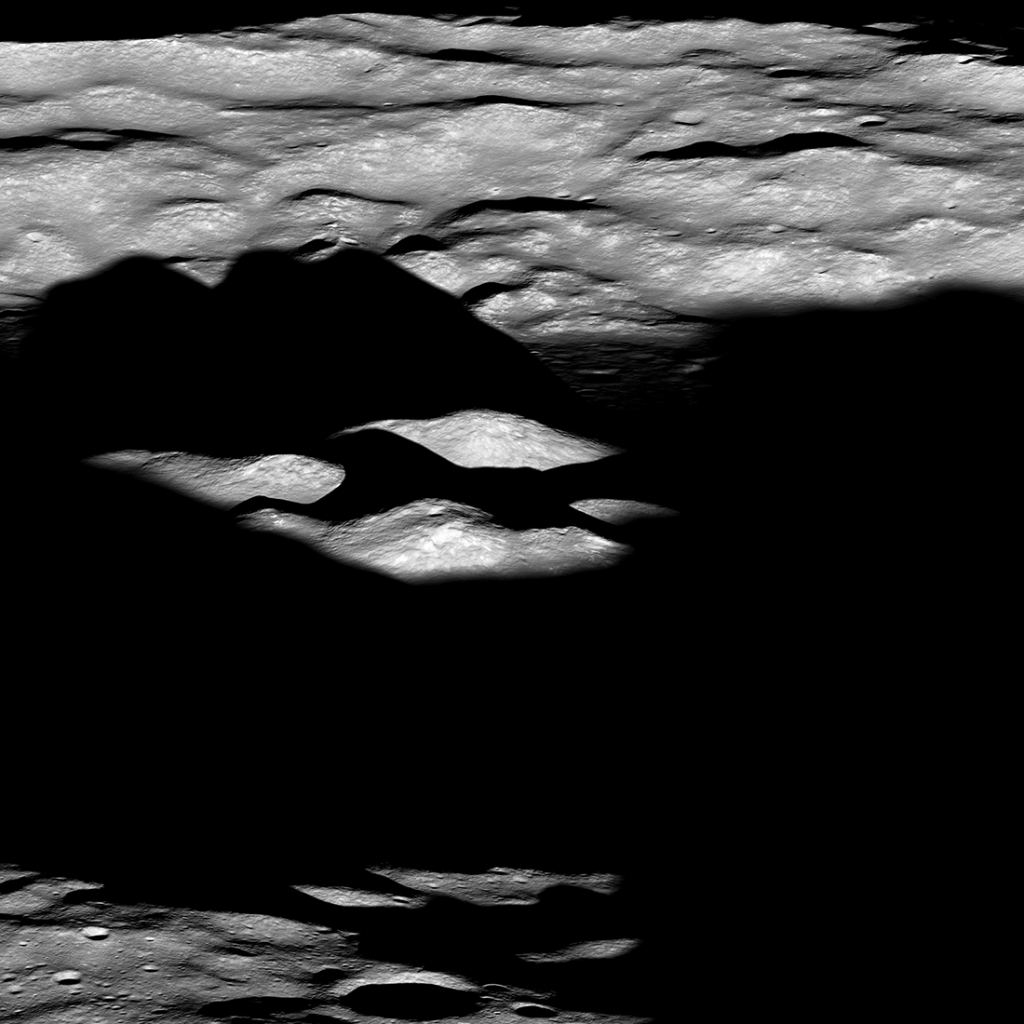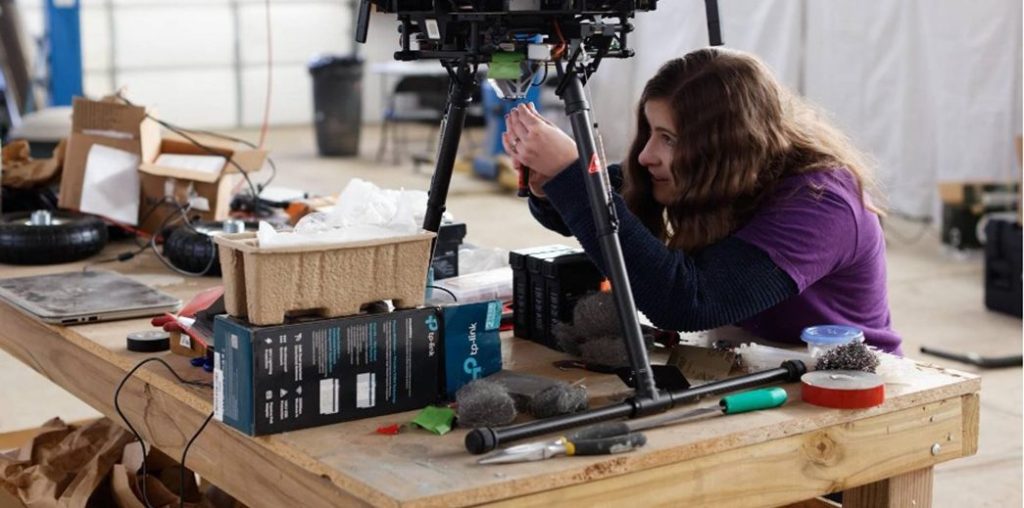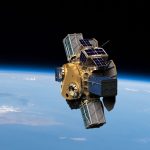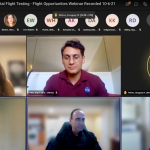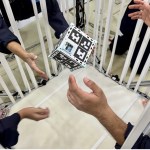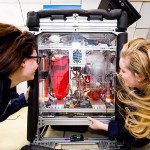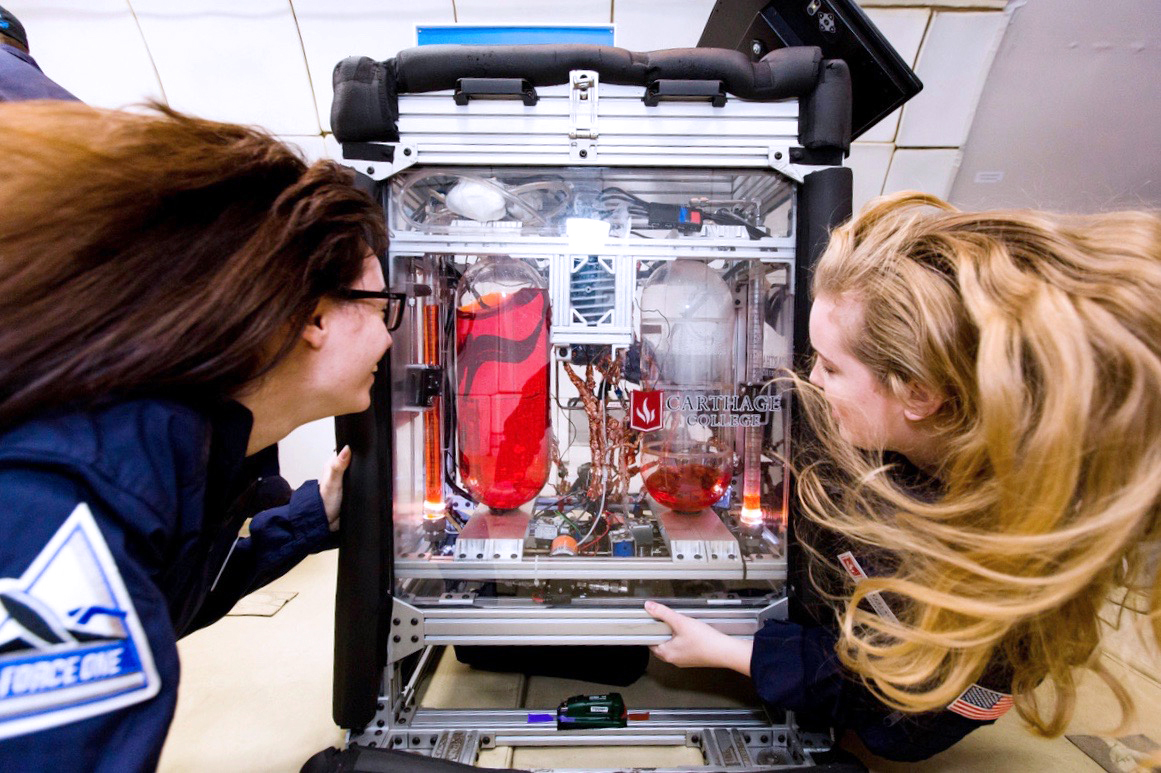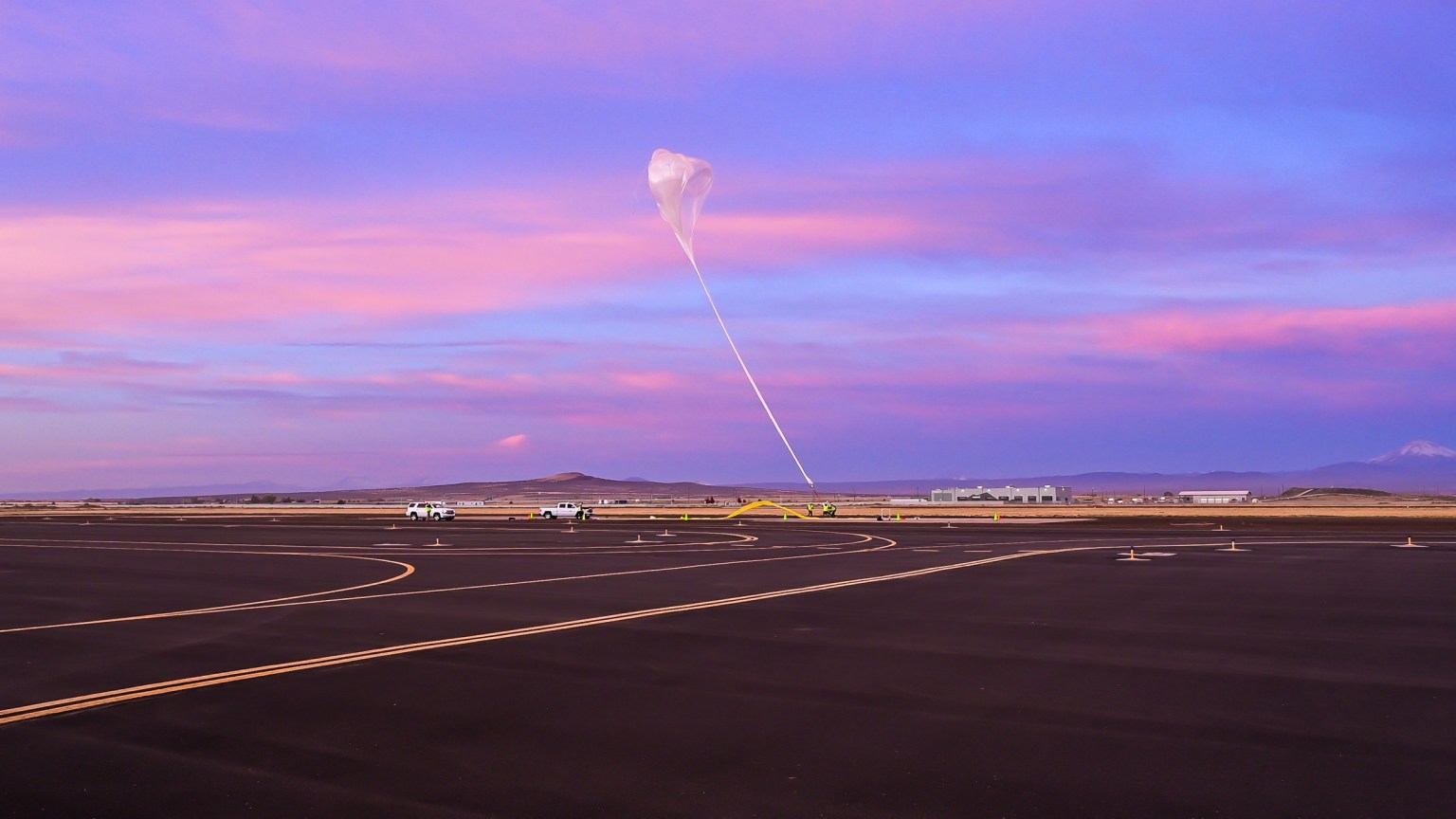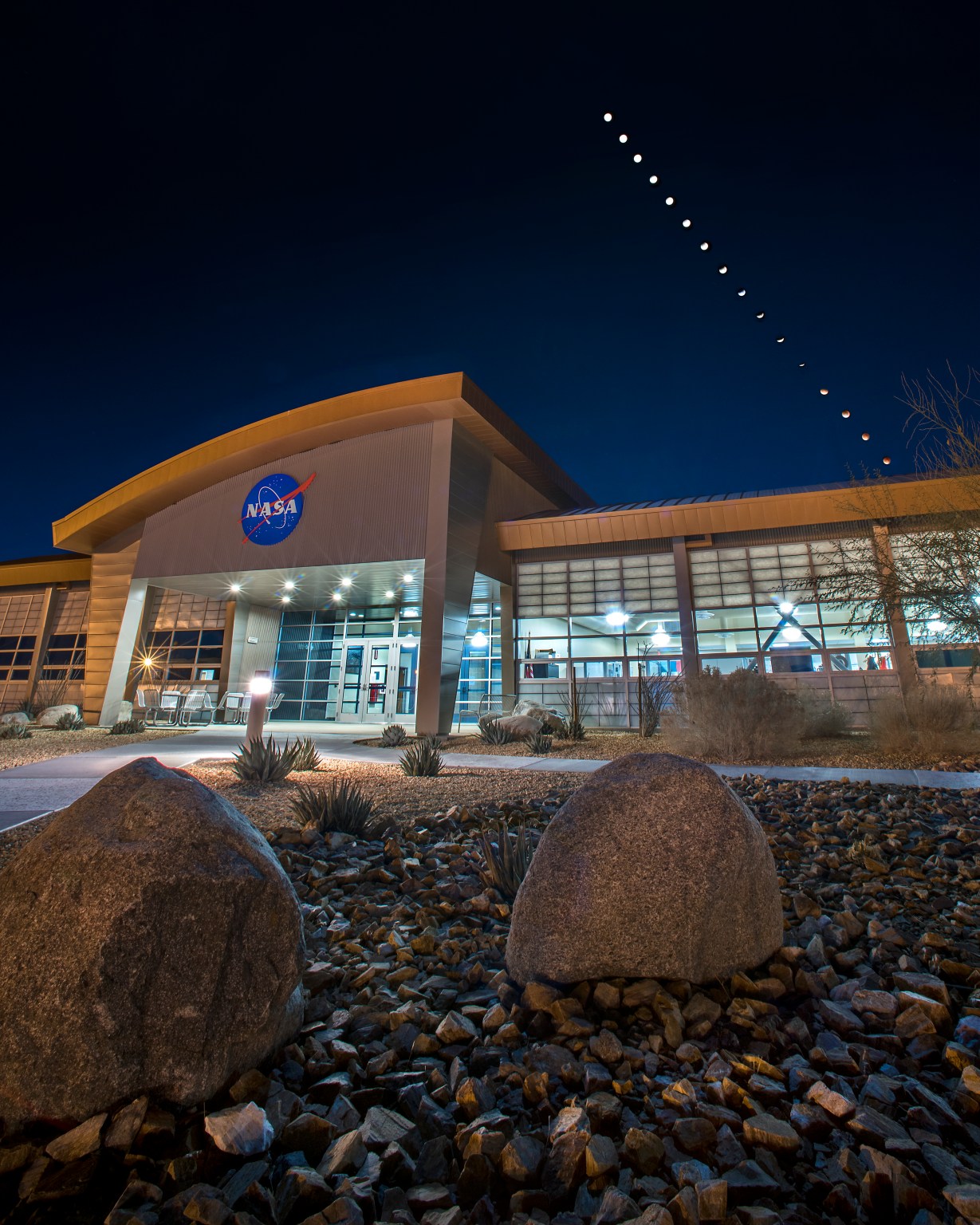
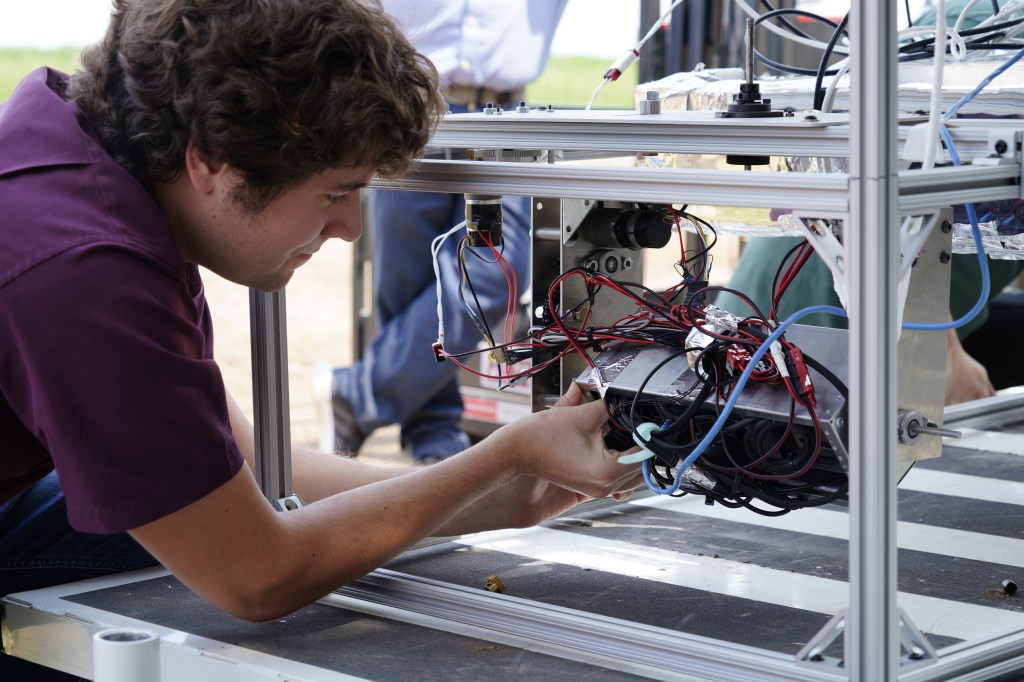

TEN WINNERS ANNOUNCED ON JUNE 26, 2025
NASA selected the ten winning teams listed below for the latest TechLeap Prize — the Space Technology Payload Challenge (STPC). Winners are awarded prizes of up to $500,000 each plus the opportunity for a flight test to develop payloads and advance solutions that address a wide variety of NASA’s Technology Shortfalls to meet future exploration, science, and other mission needs. The expectation is that the technologies will be tested in summer 2026 aboard a suborbital vehicle, rocket-powered lander, high-altitude balloon, aircraft following a reduced gravity profile (i.e., parabolic flight), or orbital vehicle that can host payloads.
Managed by NASA’s Flight Opportunities program, the TechLeap Prize seeks to rapidly identify and develop space technologies through a series of challenges that address specific technology shortfalls for NASA and the nation. TechLeap is open to qualified commercial businesses, academic institutions, entrepreneurs, and other innovators. In addition to a cash prize, winners have an opportunity to receive access to a suborbital or hosted orbital flight opportunity on a commercial flight vehicle.
Meet the Winners | Current Challenge | Prior Challenges | Webinars | News
Meet the Ten Winning Teams
Aerofly LLC
Near-Vertical Regolith Conveyance for Oxygen ISRU Using “Rego-LIFT”
Ambrosia Space Manufacturing Corporation
Cell Separation Centrifuge for Nutrient Production for Crewed Missions
Carthage College
Microgravity Ullage Trapping (MUT)
Ecoatoms
Hardware for Extraction and Reagent Mixing in Experimental Studies (HERMES)
Guinn Partners
Iterative Mars Penetrator for Subsurface Science (IMPRESS)
Helogen Corporation
Cellular Experiment Laboratory System (CELS)
Juno Propulsion Inc.
Rotating Detonation Rocket Engine Satellite Propulsion with Green Propellants
Space Dust Research & Technologies, LLC
Electron Beam Dust Mitigation (EBDM) Technology
SpaceWorks Enterprises, Inc.
High-Cadence Microgravity Silicon Semiconductor Crystal Manufacturing
The University of Texas at San Antonio e5 Lab
Mars Atmospheric Reactor for Synthesis of Consumables (MARS-C)
LEARN MORE ABOUT THE TEAMS AND THEIR TECHNOLOGIES
Addressing NASA’s Technology Shortfalls
Individuals, teams, and organizations were invited to submit applications for systems that advance technology to address one or more of NASA’s shortfalls. These shortfalls identify technology areas where further technology development is required to meet future exploration, science, and other mission needs. In addition, technologies to address these select shortfalls are also potentially well suited for a suborbital or hosted orbital flight demonstration to help mature the innovation.
The shortfalls selected for this challenge are divided into two groups. The first group is derived from the Space Technology Mission Directorate civil space shortfall list. The second group is in partnership with NASA’s Biological and Physical Sciences Division and is derived from the CERISS (Commercially Enabled Rapid Space Science) initiative needs.
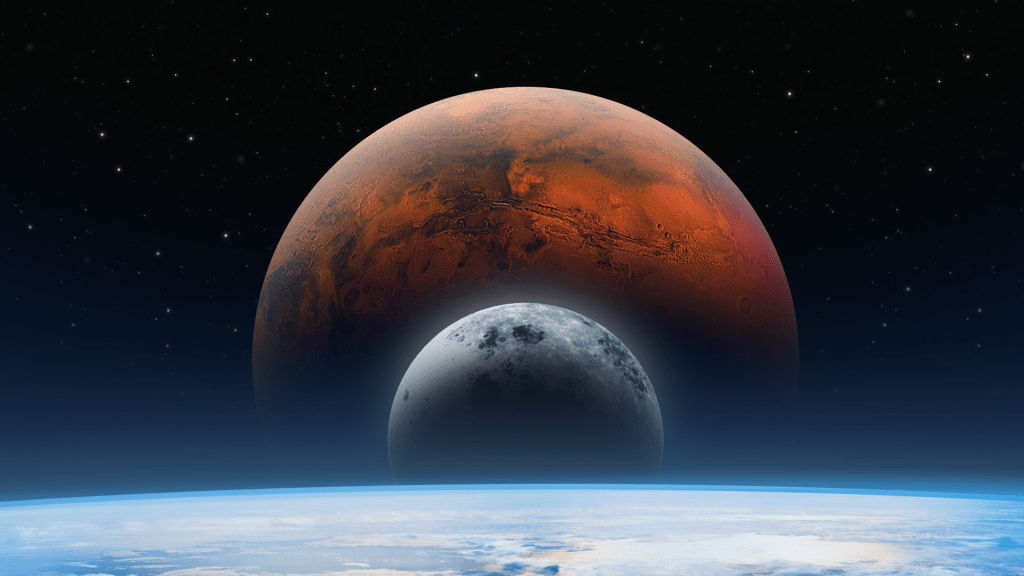
More About Prior Challenges
View Webinars Related to TechLeap
These webinars discussed researcher experiences and provided useful insights related to NASA TechLeap Prize challenges.
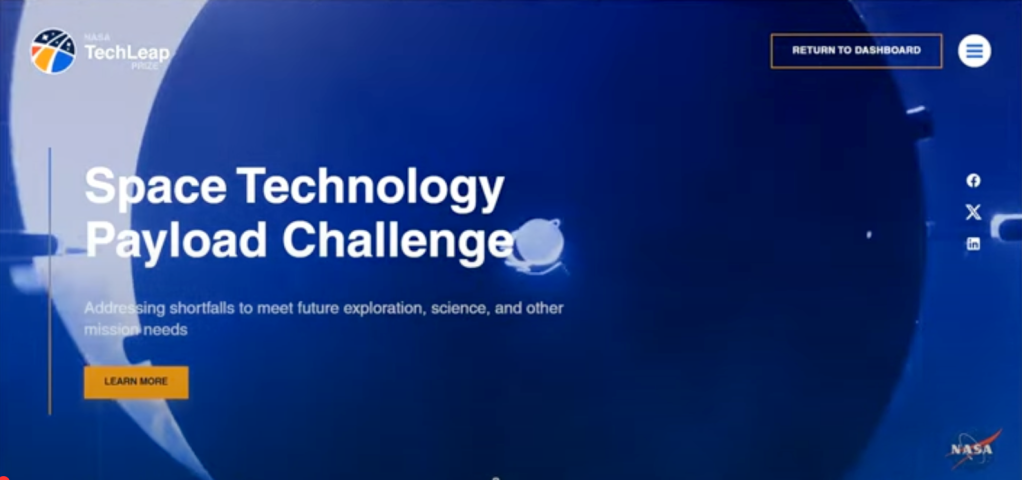
Pre-Registration Q&A Webinar February 12
Watch the recording of the informational webinar we hosted on February 12 to learn more about participating in the Space Technology Payload Challenge.
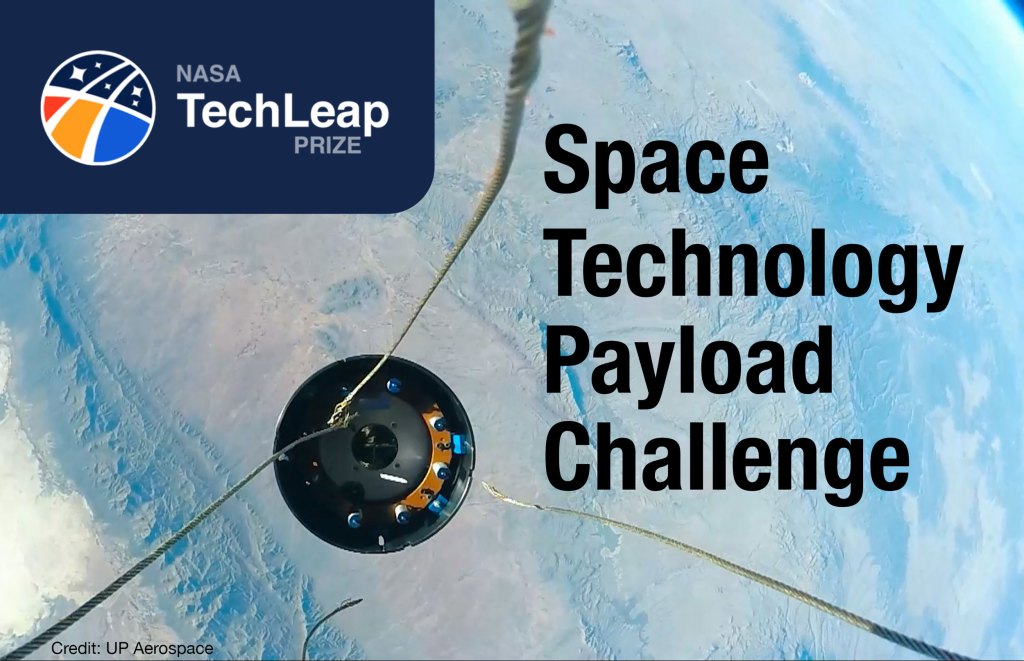
Space Technology Payload Challenge: Jan. 8, 2025 webinar
Speakers covered key details of the challenge, tips for preparing an application, and context to the technology areas the challenge aims to address.
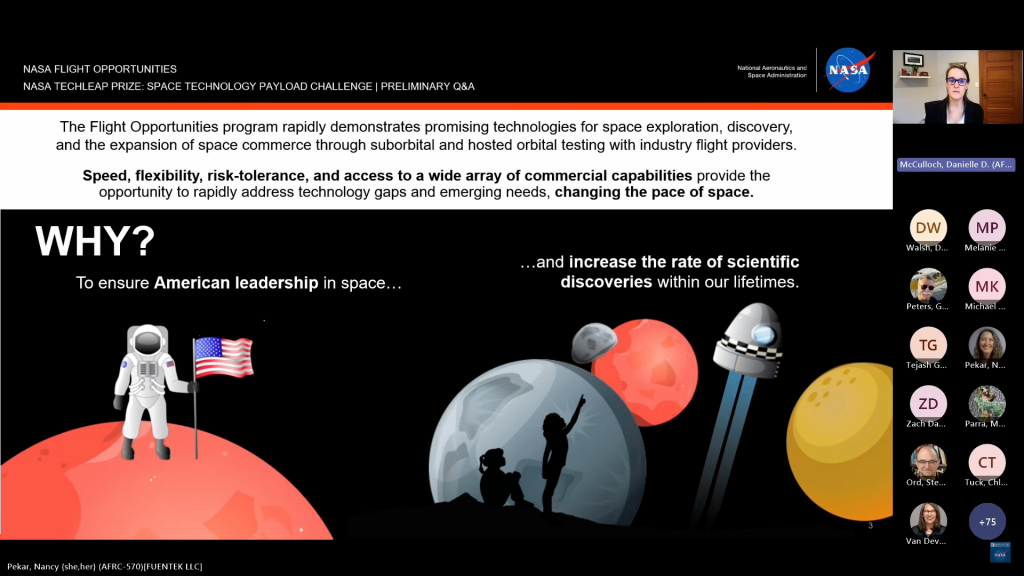
Pre-Launch Q&A: Space Technology Payload Challenge
Before this challenge launched on December 10, 2024, Flight Opportunities hosted a Q&A webinar to help researchers learn more about this TechLeap opportunity.
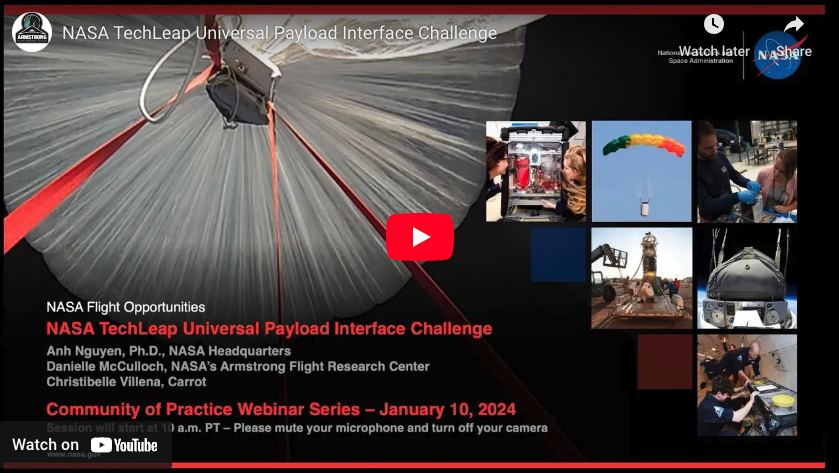
NASA TechLeap Universal Payload Interface Challenge
This webinar discusses the NASA TechLeap Universal Payload Interface Challenge that is seeking a flight-ready universal payload interface.
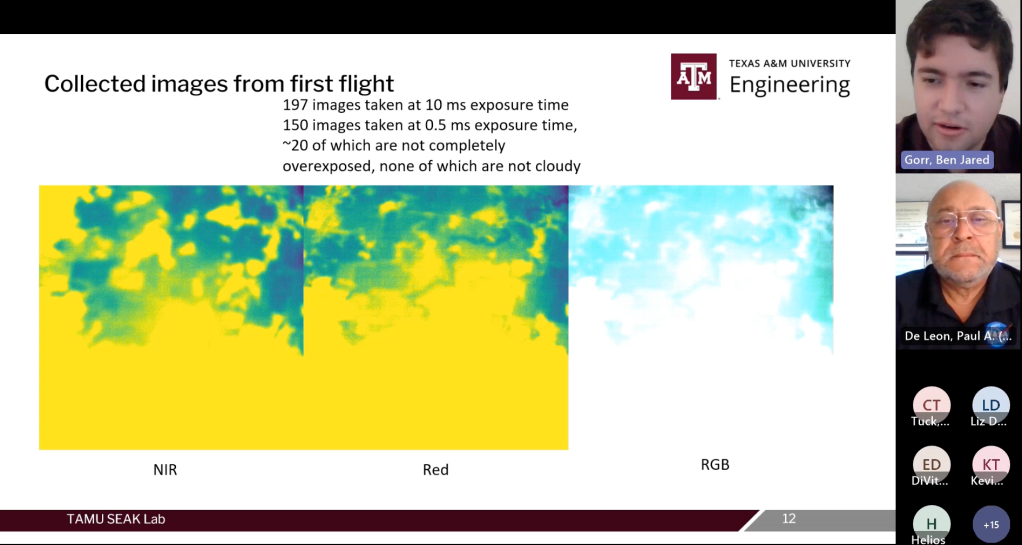
Practicing Fly-Fix-Fly: Re-flight Opportunity Through NASA TechLeap Prize
At this webinar, presenters explore the “fly-fix-fly” ethos of the Flight Opportunities program and highlight best practices for quickly advancing space technologies.

The Pace of Space: What's New in Suborbital Flight
This webinar discusses a number of new activities across NASA that influence the suborbital flight community, including TechLeap.
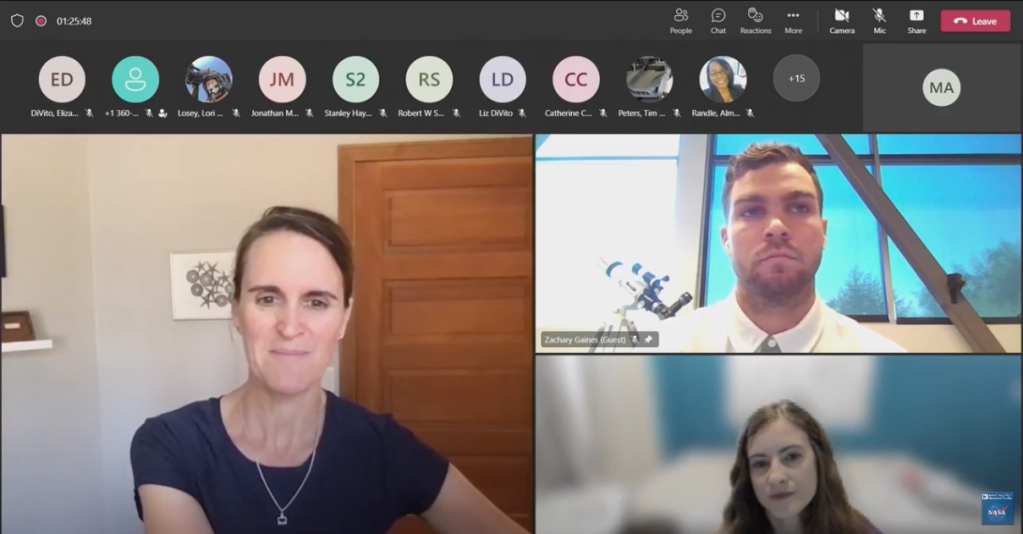
NASA’s TechLeap Prize: Advancing Space Technologies and Innovative Teams
This webinar highlights the unique support that TechLeap provides by offering first-hand insight from winners of the inaugural TechLeap Prize: Autonomous Observation Challenge No. 1.

